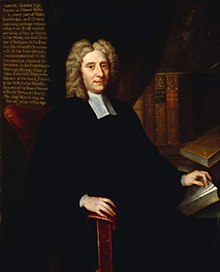This Kindle book is now available on Amazon by clicking here...and it is only 99 cents
Friday, January 20, 2023
Myles Coverdale on This Day in History
Saturday, December 24, 2022
Pope Boniface VIII on This Day in History
Saturday, December 17, 2022
The Trinity Doctrine Examined in the Light of History and the Bible By Nelson Herle
Nelson Herle's classic work, _The Trinity Doctrine Examined in the Light of History and the Bible_ is now online at this link here.
Gerard Gertoux book _THE NAME OF GOD YeHoWaH. ITS STORY_ is online at https://lifes-purpose.info/divinename/NameofGod1.htm
Someone posted Heinz Schmitz's old yhwhbible website at this link.
Rolf Furuli's _The Tetragram in Hebrew Sources in BCE and the First Century CE, Part One_ is posted here.
Jason Beduhn's Truth in Translation [Accuracy and Bias in English Translations of the New Testament] is posted at https://thebibleisnotholy.files.wordpress.com/2010/06/truth-in-translation.pdf
Lesriv Spencer on Acts 20:28 is posted at https://vdocuments.mx/acts-2028-whose-blood-gods-or-christs.html?page=1
The Significance of the Anarthrous Predicate Nominative in John by Paul S Dixon is posted at http://lareopage.free.fr/dixon.pdf
Qualitative Anarthrous Predicate Nouns: Mark 15:39 and John 1:1 is posted at http://fdier02140.free.fr/Harner.pdf
Wednesday, December 7, 2022
Mormon Forger & Murderer Mark Hofmann on This Day in History
Sunday, November 6, 2022
Inconvenient Truths about the New Testament and the Trinity














